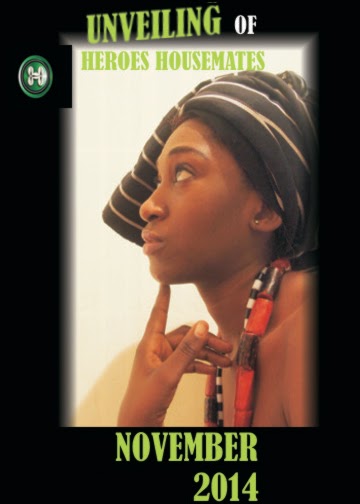Amid economic downturn, Liberia swears in soccer star, George Wear, as President
MONROVIA, Liberia — George Weah, a former international soccer star, bounded onto the field in a stadium filled with tens of thousands of roaring fans on Monday. He had been there before. But this time, instead of playing a match, Mr. Weah was there to be sworn in as president of Liberia.
“Today we all wear the jersey of Liberia and the victory belongs to the people, to the peace and to our democracy,” said Mr. Weah, dressed for his inauguration in a long white caftan.
Mr. Weah was elected in a milestone race for Liberia. It was the first peaceful democratic transition of power in more than seven decades. It was also the first presidential election to face a legal challenge, which Mr. Weah overcame after months of wrangling.
On Monday in his first official address to the nation, Mr. Weah promised to prosecute corrupt government officials and ensure that Liberian businesses played a bigger role in the national economy.
“We cannot remain spectators in our own economy,” he said. “I do not promise you quick fixes or miracles. Instead, my pledge to you today is that my administration, with your help, will make steady and deliberate progress towards achieving the hopes and aspirations that you cherish in your heart for Mama Liberia.”
Ellen Johnson Sirleaf, the departing president, and her vice president, Joseph Boakai, who ran unsuccessfully against Mr. Weah, sat next to one another at the ceremony without making eye contact. Earlier this month Mr. Boakai’s party expelled Mrs. Sirleaf, a Nobel laureate, accusing her of supporting Mr. Weah instead of her fellow party member.
Despite the recent political tumult, Liberians were euphoric on Monday at the prospect of change and the chance to leave behind the rocky history of politics in a nation founded in the early 19th century by freed American slaves. Two of its past presidents were assassinated, and the nation has endured two civil wars that left scores dead.
Mr. Weah’s rise to the presidency resonated with the poorest citizens in a country where more than half of the population lives below the poverty line. Mr. Weah himself came from poverty. During his teenage years in the 1980s, he shared a bedroom with 10 other boys in West Point, Monrovia’s largest slum.
Support for him in West Point is evident in a painting of the former soccer star, bespectacled and solemn looking, that hangs outside a corner shop. “Liberia’s Hope” is written underneath. People have nicknamed him King George.
West Point has long been a political stronghold for Mr. Weah. With poor infrastructure and sanitation, regular outbursts of mob violence and rural migrants searching for opportunity, it is a microcosm of the challenges throughout the country that await the new president.

Mr. Weah rode a wave of disappointment into office, propelled by voters upset that Mrs. Sirleaf’s government never managed to tackle endemic poverty or successfully fight corruption.
His challenges are formidable. He must govern a nation with a broken education system, high levels of unemployment and an economy hit hard by falling rubber and iron ore prices.
Mr. Weah must also maintain security and stability in a postwar society without the support of peacekeepers. The United Nations mission in Liberia is sending the last of its troops back home.
Like his predecessor, Mr. Weah has vowed to fight corruption. He has pledged to promote free education and health care, while also providing tax breaks for investors.
But his critics say he is too inexperienced to address the mammoth problems the nation faces. His political experience consists of three years as senator and a limited stint as an ambassador for a reconciliation initiative.
“The economy is doing very badly and will be a big challenge for him to turn it around,” said Silas Kpanan’Ayoung Siakor, an environmental activist.
And he must operate in the shadow of Mrs. Sirleaf, who despite being criticized for nepotism and failing to address endemic corruption, is often credited with Liberia’s postwar turnaround.
“She took over at a time when things were so bad and she had so much money flowing in that she was able to show progress very quickly,” Mr. Siakor said.
Mr. Weah is not expected to enjoy the same levels of foreign donations, and he has focused on Liberia’s business potential, saying he wants to relax constraints on companies in hopes of creating jobs.
Faith Caranda, 18, who is finishing high school, said she hoped his first priority would be improving access to education.
“A lot of my friends don’t have money to go to school, so they sit down doing nothing,” said Ms. Caranda, who hopes to study medicine. “I know he will bring change in our country.”



Comments
Post a Comment